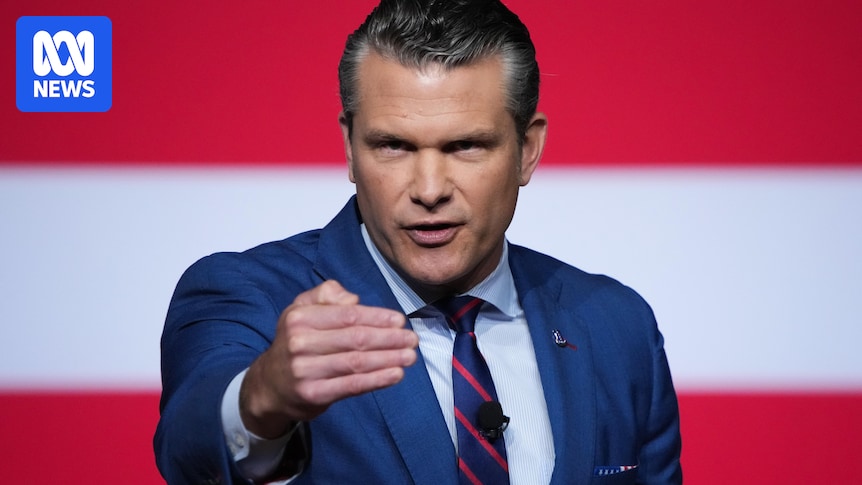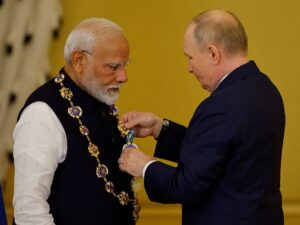
US Defense Secretary Pete Hegseth has launched a scathing critique of what he describes as “politically correct” leadership in the US military, targeting diversity initiatives and the physical fitness of high-ranking officers. Speaking at a rare assembly of commanders in Quantico, Virginia, Hegseth emphasized a return to traditional military values, declaring, “We became the ‘Woke Department’. But not anymore.”
The event, held on Tuesday, gathered top generals from around the globe, summoned without prior explanation. Hegseth defended his recent dismissals of high-profile officers, including the top US general and the Navy’s leading admiral, citing a need to dismantle a “broken culture” within military ranks. He promised comprehensive reforms in handling discrimination complaints and investigations into alleged misconduct, criticizing the current atmosphere as one where leaders tread carefully, “walking on eggshells.”
Challenging the Status Quo
Hegseth’s comments come amid broader changes within the Pentagon, reflecting a shift in priorities under the current administration. He criticized the appearance of overweight military personnel, stating, “It’s completely unacceptable to see fat generals and admirals in the halls of the Pentagon.” He announced that fitness tests would now adhere to male benchmarks exclusively and stressed the importance of maintaining grooming standards, proclaiming, “The era of unprofessional appearance is over. No more beardos.”
President Donald Trump, en route to the event, reinforced Hegseth’s stance, telling reporters, “I am with you. I support you, and as president, I have your backs 100 percent.” Trump’s remarks, delivered in front of a backdrop featuring a large American flag and signage reading “Strength. Service. America,” were met with a silent audience of senior military officials.
Revamping Defense Priorities
The Pentagon has seen significant changes over the past eight months, including the dismissal of key personnel, the removal of certain books from military academy libraries, and aggressive military actions such as lethal strikes on suspected drug boats off Venezuela. Earlier this month, Trump signed an executive order to rename the Department of Defense to the “Department of War,” a nod to its historical title prior to the end of World War Two.
“The US military is meant to be apolitical, loyal to the US Constitution and independent of any party or political movement.”
Military leaders attending the Quantico gathering are under scrutiny for their reactions to Trump’s overtly political comments, as the administration continues to blur the lines between military and political spheres. The recent announcement of National Guard deployments to cities like Chicago and Portland, Oregon, despite local opposition, highlights this ongoing tension.
Implications and Future Directions
The implications of Hegseth’s and Trump’s comments are far-reaching, potentially reshaping the culture and operational priorities of the US military. Critics argue that the focus on traditional values and appearance may overlook deeper systemic issues, while supporters claim it is a necessary course correction.
As the military navigates these changes, the balance between maintaining discipline and embracing diversity remains a contentious issue. The coming months will reveal how these policies impact military effectiveness and morale, as well as their reception among service members and the public.
Moving forward, the Pentagon’s approach to leadership and its alignment with the administration’s vision will be closely watched, both domestically and internationally. The military’s role as a non-partisan institution remains a cornerstone of its identity, and how it reconciles this with the current political climate will be critical in shaping its future.






